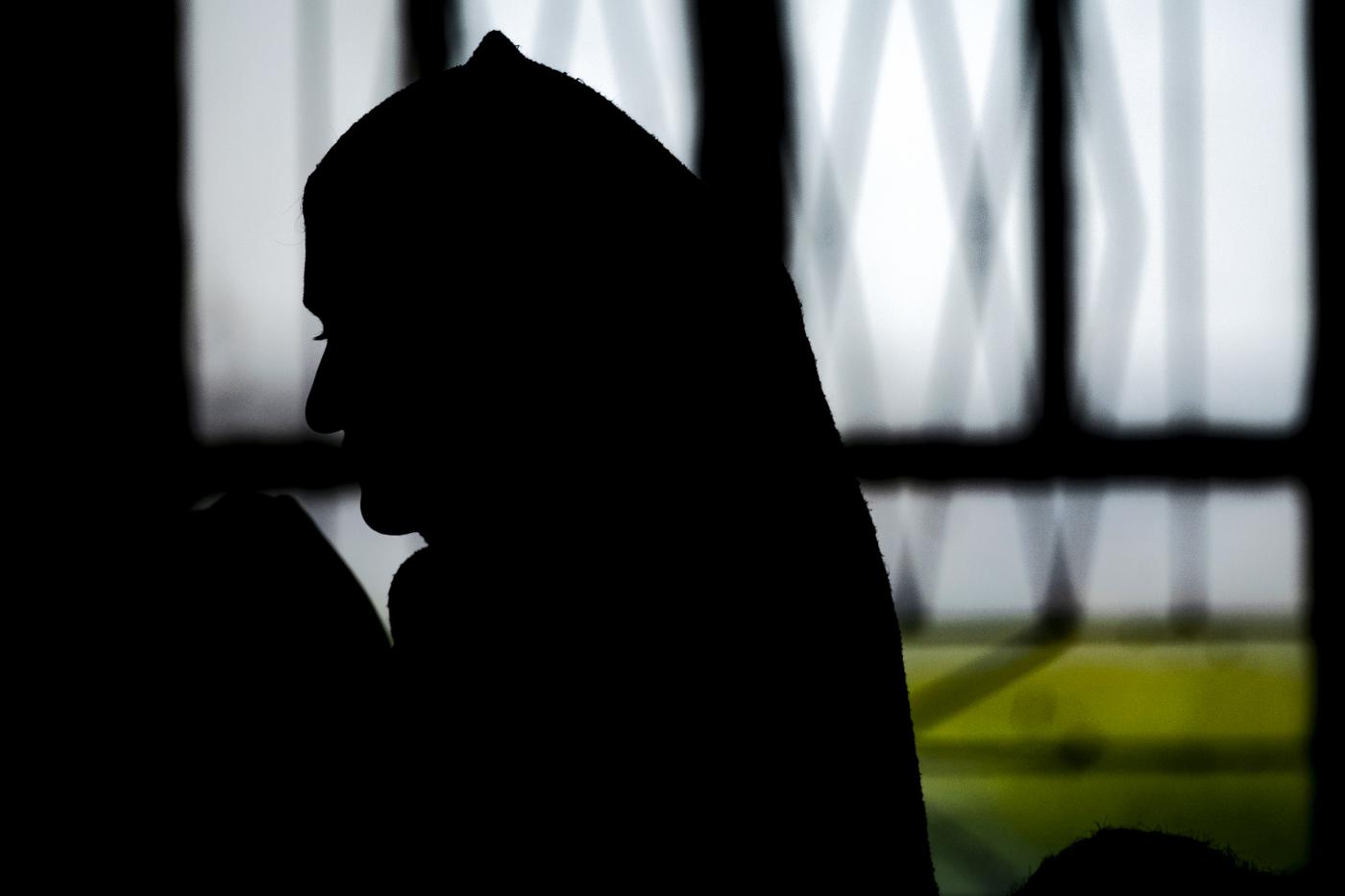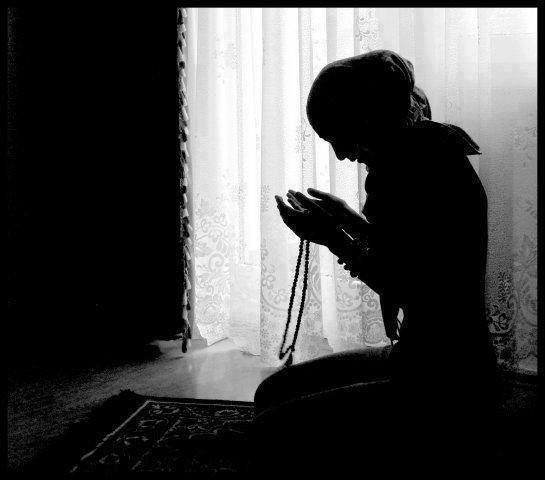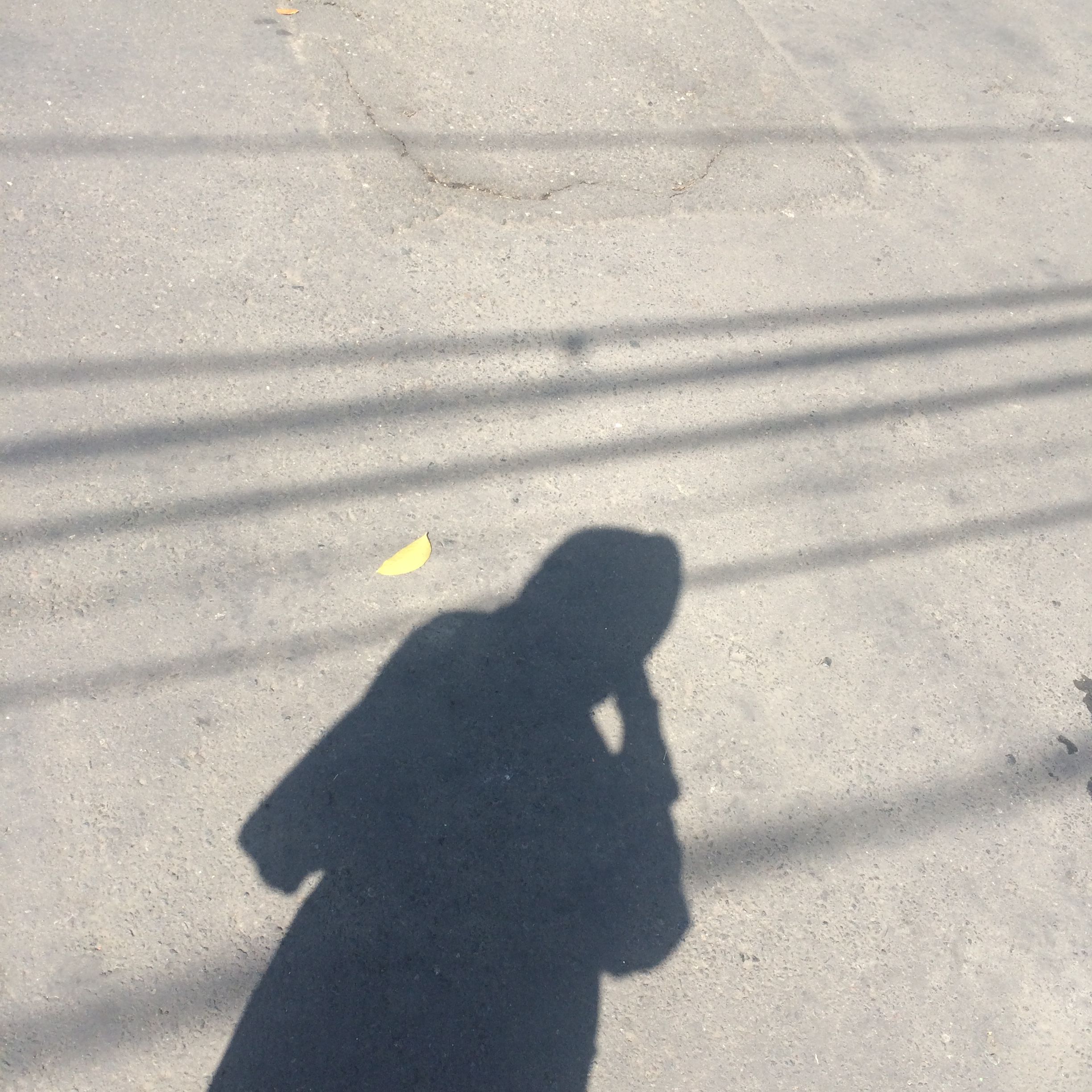‘Unresolved Grief’ of Kashmir’s Widows, Half-Widows

Dr Rabia Noor is an academician, author and a media…
Kashmir’s uncertain landscape is endlessly making women its soft target.
As she heard the sound of her squeaky doorknob, she rushed to find out who it was. On seeing her husband back from work, a wide smile spread across her face.
But that twilight, some years ago, Neelofar (not her real name), 28, had no hunch that she was with her husband for the last time.
While the family was cherishing the evening time together, three gunmen barged into their house. Before Neelofar could enquire who they were, one of them shot her husband in the head in execution-style, leaving him dead on spot.
“My small kids, one of whom was barely six months old then, were sleeping in the same room. After the killers left, I wasted no time in shifting my children to another room. Before wailing for my dead husband, I gathered the remains of his brains to make the scene look less appalling for my kids,” narrates Neelofar, as she fails to control her tears.
The young widow is now suffering from Post-Traumatic Stress Disorder (PTSD)—a mental health condition that is triggered by a terrifying incident, wherein a patient suffers from recurrent nightmares and flashbacks of that very incident.
Support Our Journalism
You are reading this because you value quality and serious journalism.
But, serious journalism needs serious support. We need readers like you to support us and pay for making quality and independent journalism more vibrant.
“I’m not able to forget how I picked those pieces of flesh with my bare hands. That incident has been recurring in my mind since then,” she sobs. “I also suffer from constant hallucinations.”

Neelofar is among tens of thousands of Kashmiri women, who have fallen victim to Kashmir conflict in one way or the other. The three-decade-old lingering strife has not only sent thousands of men to graves, but has robbed more women of their mental health and stability.
“We’ve observed that the majority of the patients visiting our hospital for psychiatric treatments are females. Besides, in all research studies that have been conducted by the psychiatry department—especially in rural areas—women form the majority of the affected population,” reveals Dr Arshad Hussain, Professor, Department of Psychiatry, Institute of Mental Health and Neurosciences (IMHANS), Kashmir.
In a conflict-ridden place like Kashmir, several issues go unnoticed until they assume grave propositions. The armed conflict, which spurred mental disorders in the Valley, prompted the authorities to count the number of persons having mental illnesses in Census 2011.
As experts describe it, a conflict situation can directly as well as indirectly affect the psychological well-being of an individual irrespective of gender. However, women are believed to be more prone to such effects.
“Women are more vulnerable to conflict situations, for their copings are not strong enough. Hence, they succumb easily to stressors,” says Dr Sabreena Qadri, Lecturer, Department of Psychiatry, Government Medical College, Srinagar.
Many women suffer a lot after the killing of their close relatives, especially husband or father, explains Dr Qadri. “A woman who would earlier be dependent on the male members of her family for food and money is suddenly required to toil hard to feed her family. The result is stress, which can badly affect her mental health.”
After an untoward incident takes place in a family, says Bashir Ahmad, women are often denied the basic human rights, ‘particularly the right to live with dignity’.
“Women have been the worst sufferers of Kashmir conflict for past several decades,” says Ahmad, Chairperson, Ehsaas, a non-governmental organisation dealing with the welfare of women.
For instance, he says, widows are forced to fend for their children, whereas half-widows remain uncertain about their future, not knowing whether their husbands are dead or alive.

“Such situations have badly impacted their mental health,” says Ahmad. “The absence of an adequate number of mental health centres has further complicated the issue.”

Dr Hussain opines that since women have been the largest surviving group during the conflict, they are the people whose mental health got mainly affected. “They had to bear the burden of feeding their families and assume multiple roles at the same time,” he says. “While many coped, others had long-term consequences of what they faced.”
He, however, adds that Kashmir conflict somehow got women out of their homes and placed them on the forefront, which, he says, could be seen as a positive change.
“Earlier women used to be confined to their homes, however after 1989, when political upheaval erupted in the Valley, they assumed diverse roles,” Dr Hussain says. “They became family heads and also began to excel in politics, education and other fields.”
Late Kashmiri sociologist, Dr Bashir Ahmad Dabla, had found in his study titled ‘Impact of Conflict Situation on Children and Women in Kashmir’ published in 2010 that women and children in Kashmir had undergone “extremely miserable” life conditions after their bread-earners were killed.
“In fact,” Dr Dabla noted, “their survival was endangered in the situation when neither government agencies provided them the desired help nor the non-governmental organisations fulfilled their minimum life needs.”
The never-ending strife also affects women directly when they are caught in a war-like situation, like gunfight or clashes.
With the result, psychiatrists say, depression, anxiety, PTSD, sleep disturbances, somatisation (manifestation of psychological distress by the presentation of physical symptoms), somatic pain, etc., became common among women, particularly in the rural areas.
“This is because the stress precipitates all sorts of psychiatric disorders, be it depression, PTSD, anxiety disorders or schizophrenia in women,” says Dr Qadri, adding that every psychiatric illness has a biological basis, “which means that only a person who is biologically predisposed to developing a certain illness will develop it.”

Mental health studies have also found that women form the majority of the patients of Major Depressive Disorders followed by PTSD.
A study titled ‘Prevalence of Anxiety, Depression and Post-Traumatic Stress Disorder in the Kashmir Valley’ conducted by Housen et al, and published by BMJ Global Health journal in 2017, found that the prevalence of probable PTSD was higher among women.
The ‘Kashmir Mental Health Survey’ conducted earlier by Medecins Sans Frontiers (MSF) India in collaboration with IMHANS Kashmir and the University of Kashmir had shown similar findings.
As per the survey report published in 2015, higher rates of mental distress were reported in women than in men for all three mental health disorders—probable PTSD, probable depression and probable anxiety.
“Although men report higher numbers of traumatic events than women, the likelihood of developing PTSD symptoms was found to be higher in women,” the report mentioned.
Sociologists attribute the disturbed mental state of women to what they call “unresolved grief.”
“As far as widows of conflict are concerned, they mostly do not know who killed their husbands, while half-widows have no whereabouts of their disappeared husbands. In both the cases, grief does not find a way out, which means it remains unresolved that in turn leads to pent up tensions,” observes Dr Farah Qayoom, Assistant Professor, Department of Sociology, University of Kashmir, who has worked extensively on widows and half-widows of Kashmir conflict.
“So, directly or indirectly, women’s mental health has largely been affected because of conflict. Besides, the pent up anger due to unresolved grief often affects a woman’s relationship with her family,” Dr Qayoom says, adding that if a woman has prolonged exposure to the kind of violence that has been taking place in Kashmir for the past three decades, “her mental health is bound to suffer.”

Psychiatrists suggest that some preventive measures need to be taken in order to help the victims. They, however, say that many of the victims do not come forward for the treatment because of the stigma attached to psychiatric disorders.
“So we need to identify the people who are vulnerable and show any signs of depression or other psychiatric illness, and need the support of any sort,” asserts Dr Qadri. “This way we can prevent the escalation of psychiatric illness.”
It has been observed that not much is being done for such victims on government as well as societal level.
“I think we have largely failed as far as community support to these women is concerned,” rues Dr Qayoom. “You will not see much work being done to rehabilitate them, especially widows. Many of them even do not receive the widow pension.”
Experts believe that support groups need to be strengthened, which can collectively work towards rehabilitating these women. The main concern, they point out, is that most of these women live in abject poverty.
“Hence, the economic aspect needs to be tackled on priority,” says Dr Qayoom. “Their children’s education especially needs to be sponsored.”
But the ultimate solution to the whole issue is the resolution of Kashmir conflict, says Bashir Ahmad. “The conflict must be resolved by the concerned stakeholders for durable peace, which will eventually mitigate the sufferings of the women and their families.”
Notably, Dr Dabla, in his comprehensive study published in the form of a book titled ‘A Sociological Study of Widows and Orphans in Kashmir,’ had suggested that a three-tier effort system ought to be formed for the welfare of widows and orphans of Kashmir conflict.
“This refers to the efforts carried out by concerned individuals, broader society and the state.”
(Dr Rabia Noor is a media fellow with Nature India and Wellcome Trust/DBT India Alliance. The story is a part of the India Science Media Fellowship programme).
To help us strengthen the tradition of quality reading and writing, we need allies like YOU. Subscribe to us.
Mountain Ink is now on Telegram. Subscribe here.
Become Our Ally
To help us strengthen the tradition of quality reading and writing, we need allies like YOU. Subscribe to us.
Dr Rabia Noor is an academician, author and a media researcher. A journalist-turned-journalism mentor, she has over 12 years of combined experience in journalism, teaching and research. She has highlighted diverse issues through her writings since 2005. She has written extensively on business, politics, conflict, human rights, health, education, gender issues and various aspects of the society. She has also to her credit many national and international publications.













